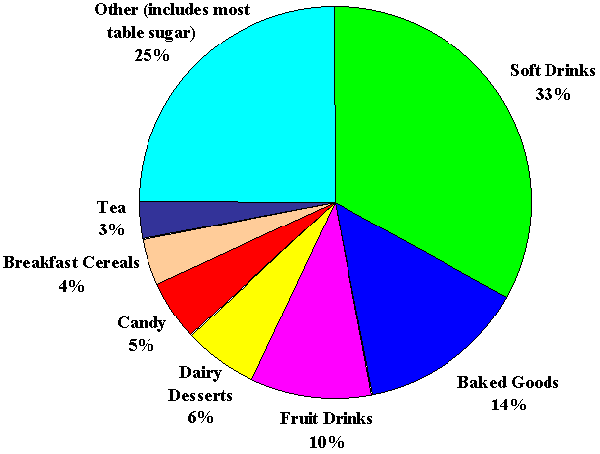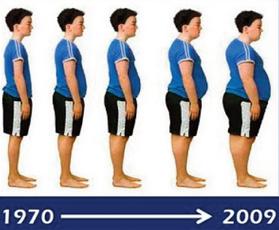Obesity in America has reached a crisis point. Two out of every three Americans are overweight, one out of every three is obese. One in three are expected to have diabetes by 2050.
Minorities have been even more profoundly affected. African-Americans have a 50 per cent higher prevalence of obesity and Hispanics 25 per cent higher when compared with whites.
How did the situation get so out of hand?
What opportunities do people have to eat healthy? Who is responsible for food deserts and processed food in American schools?
Sursa: youtube

The dyslipidemia findings echo those from the Framingham Heart Study three years ago that associated elevated TG and low HDL-C, among other markers of the metabolic syndrome, with consumption of at least one sweetened soft drink daily [2]. However, in that study, as reported by heartwire at the time, high intake of soft drinks worsened lipids regardless of whether they contained sugar or artificial sweeteners.
But the NHANES analysis is also consistent with a body of literature linking high-carbohydrate diets with elevated risk of stroke and heart-disease events, prospective short-term studies suggesting that increased sugar consumption promotes dyslipidemia, and the well-recognized worsening effects of greater carbohydrate intake on TG and HDL-C levels, senior author Dr Miriam B Vos (Emory University) told heartwire.
The current study, she said, is noteworthy for extending those prospective observations “to a nationally representative free-living population, people consuming their normal diets.” It may also be the first of its kind to associate cardiovascular risk factors with dietary added sugars, which may be a more easily modifiable source of calories than simply “sugar” or “carbohydrates,” which take many forms naturally in whole foods, according to Vos.
Sursa: 4pack.wordpress.com

